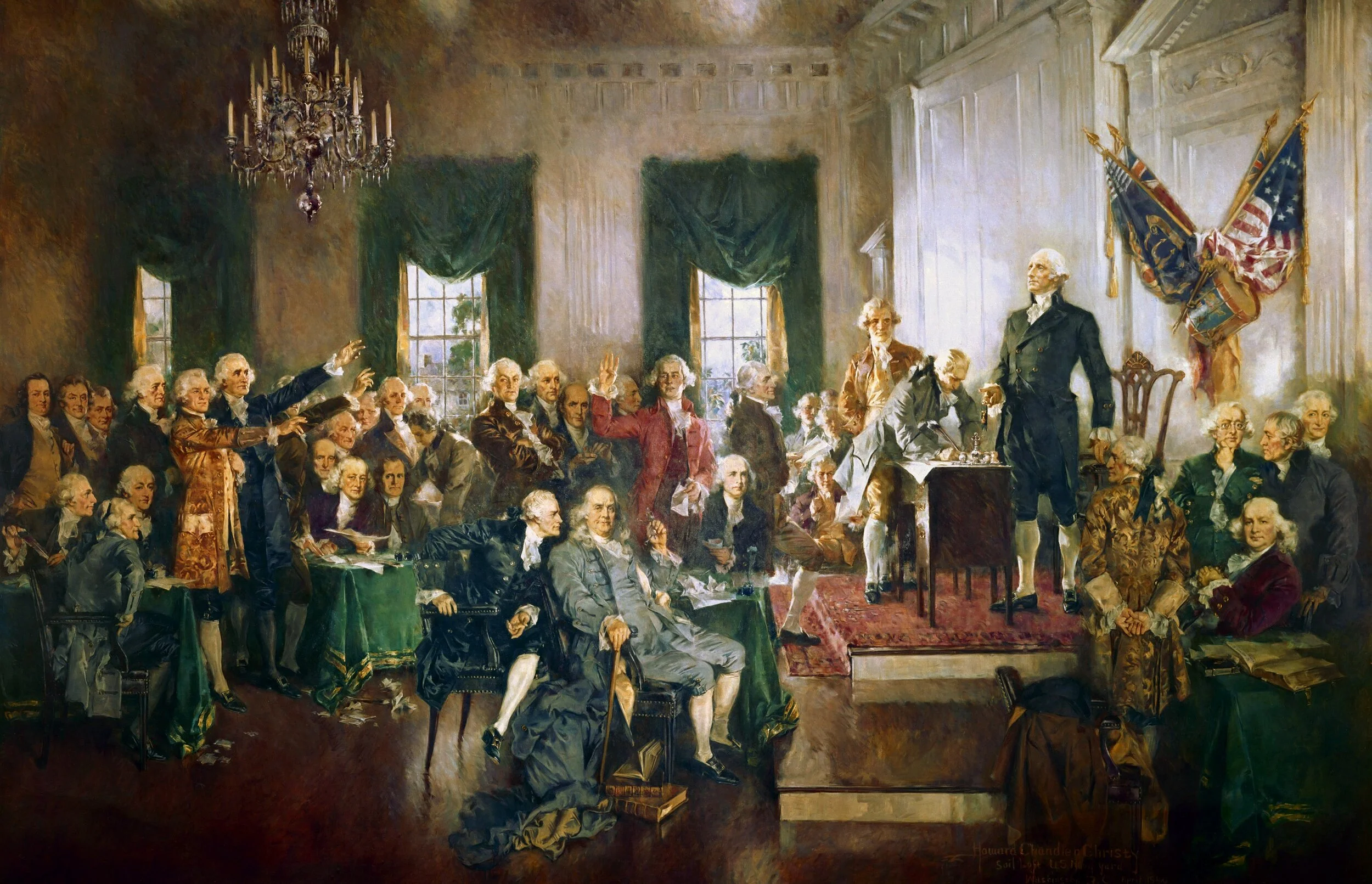Redskins
/In July of 2020, the professional football team in Washington DC announced it would change its mascot and team name. This was disappointing to many fans. They would have preferred to stick with the traditional name. It was also a disappointment to many who disliked the team and would have preferred the franchise move to another city or cease to existence entirely.
The football team’s name is not the only “big” change occurring, or at least discussed during the summer of 2020. Others include:
Pepsico, which owns Quaker Oats, announced it would stop selling “Aunt Jemima” pancake syrup
Trader Joe’s grocery stores considered ending the practice of labeling ethnic products by special labels such as Trader Jose, Trader Giotto and trader Ming. They eventually decided the labels would remain on the shelves.
These changes are fine. The companies that make the products or owns the team can change whatever they want, subject in the case of the football team to NFL league approval. The external pressure exerted by the wider public through petitions, boycotts and other actions to show those owners that they don’t like the product names is also fine. Pushing for reforms and for social progress through organized action is a legitimate action of a citizen.
In a contest between “This is how its always been” versus “We don’t like it anymore,” the second imperative should usually win. The great conservative mind, Edmund Burke said societies should always prefer old and time-tested practices over new ideas. Burke’s was a great mind and he was very often right. He was right about the wisdom if sticking with proven ideas. But consumer products are not ideas. If Burke were alive today, he would take no notice of pancake syrup or sports teams.
Many citizens believe the changes discussed above were more than permissible. They think they were important and good. That is less certain.
Changing the team’s name will do nothing at all for the cause of social or economic justice for American citizens in general or American Indians in particular. Wiping the image off the side of football helmets will not raise the wage of an average American worker. It will not improve the quality of housing or health services available to people living on reservations. It will not enhance their voting rights or improve their access to higher education.
When the image on the side of the football helmet is removed, it will not be replaced with a more positive representation of a native American. It will be something altogether different and more banal. Native Americans won’t be uplifted. They will be a step closer to being totally forgotten.
Knowledge about the first Americans is already shamefully low.
Ask an American what “Cherokee” means, many will say it’s a vehicle made by Jeep. Ask an American what “Miami” is and they’ll say a city in Florida, or the sports teams located in that city. A few might say a town in Ohio or the small college there. Ask about “Pawnee” and many will say it is the fictitious small town setting of “Parks and Recreation.”
Some small number of American citizens would be aware that Cherokee, Miami and Pawnee are all tribes of American Indians. A very small number of American citizens would know the history, culture, or current economic and social status of these or any other tribe. Very nearly zero percent of Americans have ever taken any action to support or defend or bring aid to the Cherokee or Miami or Pawnee or any other Indian nation in the US.
The word “Indian” has been replaced among the woke by “native American,” or “first nation.” But Indians themselves still use the word ‘Indian” when they refer to all the tribes together. In 1944, they created an organization of their own, and called it the National Congress of American Indians. They still call it that. Among 20 other national organizations serving them, two employ the word “indigenous,” ten use “native” and all the rest keep “Indian.” At the very least, the continued use of “Indian” by many national organizations of native people, including the oldest and largest one, suggests the word is not universally bothersome to them.
If you meet and converse with a fellow American whose ancestry was native to this continent, they are likely to describe themselves as a member of a branch of a clan of a tribe. At the university where the Congenial Iconoclast works, there is a Native American Educational & Cultural Center. That name was attached to the office by the politically correct administration (of white people). But the director of that center describes herself “As a member of the Navajo (Diné) Nation,” adding “[She] was born and raised in New Mexico and she is from the Bear People, Towering House, Bitter Water, and Tobacco People clans.”
The “Native American” label is preferred mostly by woke white people, and perhaps mostly because lumping all Indians into one group with one label is easier. than learning about an otherwise dazzling array of lifestyles, histories, and social and political agendas. Native Americans have one thing in common, and that is their victimhood at the hands of the encroaching American expansion. The (white) people who insist on using the native American label — a label that the Indians themselves apparently don’t prefer — may simply care too little about the fascinating and disparate tribes except as victims of historical injustices.
If you care about current injustice and desire to right historical wrongs, feel free to work to erase offensive names and images. But remember what you knew as a child on the playground:
Sticks and stones may break my bones
But names will never harm me
Hurtful labels ought to be eliminated. But eliminating hurtful labels does not provide food, shelter, opportunity, or results. Real progress demands much more than erasing labels and images. Real progress must be and always will be measured out in economic terms and in equality of opportunity.








